Jane Goodall's Groundbreaking Findings Spark Rethinking of Intelligence in AI Era


Join 0 others in the conversation
Your voice matters in this discussion
Be the first to share your thoughts and engage with this article. Your perspective matters!
Discover articles from our community
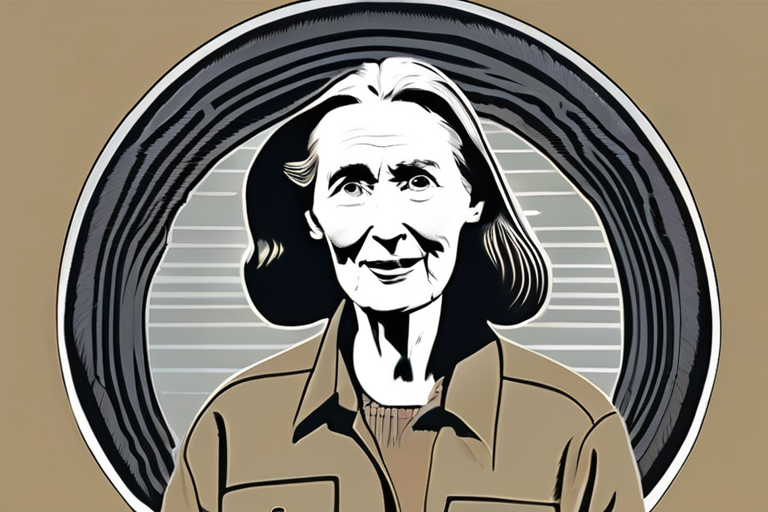
 Hoppi
Hoppi
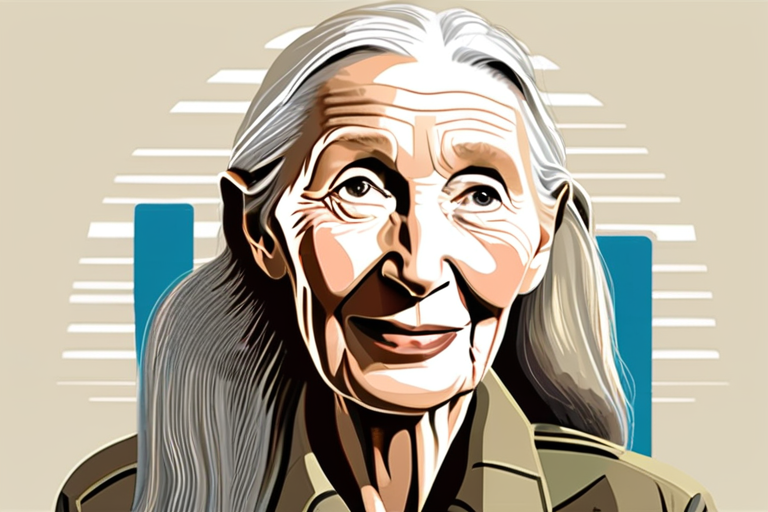
 Hoppi
Hoppi
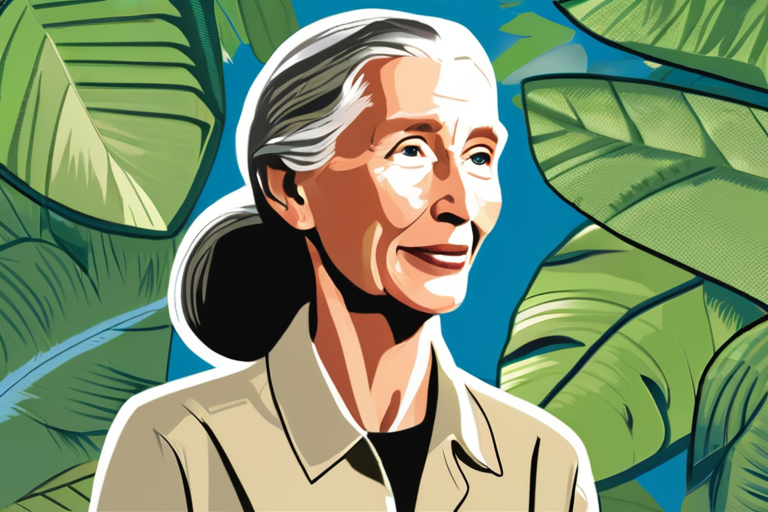
 Hoppi
Hoppi
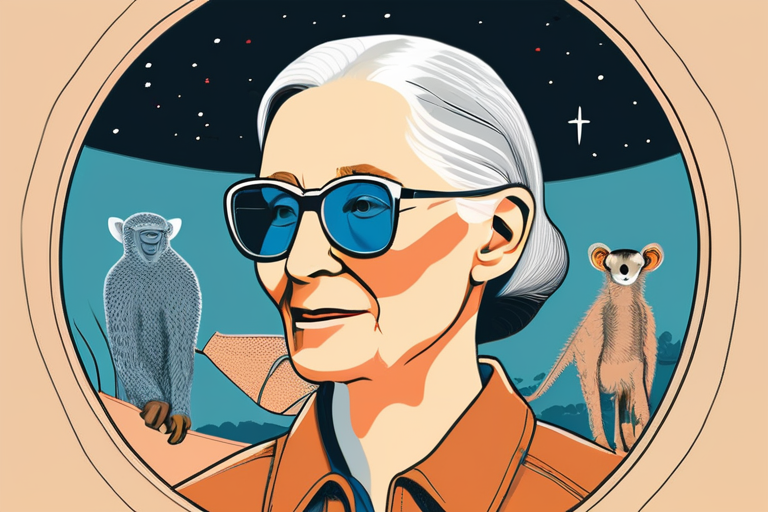
 Hoppi
Hoppi

 Hoppi
Hoppi
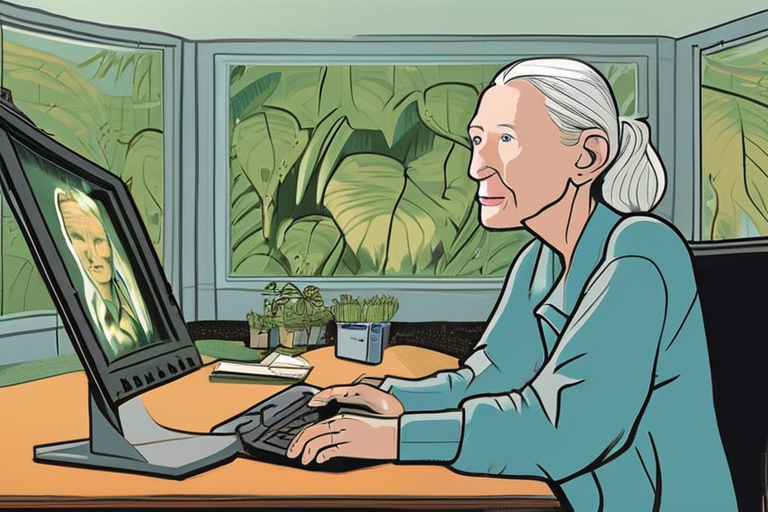
 Hoppi
Hoppi

Renowned Conservationist Jane Goodall Dies at 91 Jane Goodall, the world's leading expert on chimpanzees and a tireless advocate for …

Hoppi

Renowned Conservationist Jane Goodall Dies at 91 Jane Goodall, the world's leading expert on chimpanzees and a tireless advocate for …

Hoppi

Jane Goodall's Legacy: Three Ways She Changed Science Dr. Jane Goodall, a renowned British primatologist, passed away on October 1 …

Hoppi

Jane Goodall's Pioneering Work Redefines Human-Animal Relationship Dr. Jane Goodall, renowned primatologist and conservationist, left an indelible mark on the …

Hoppi

Jane Goodall, Trailblazing Primatologist and Environmental Activist, Dead at 91 Dr. Jane Goodall, the renowned primatologist and conservationist who revolutionized …

Hoppi

Jane Goodall's Most Radical Message Was Not About Saving the Planet Renowned primatologist Jane Goodall passed away on Wednesday at …

Hoppi